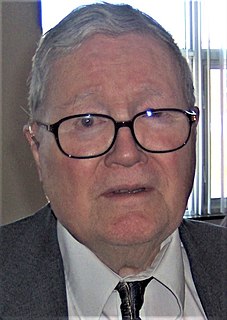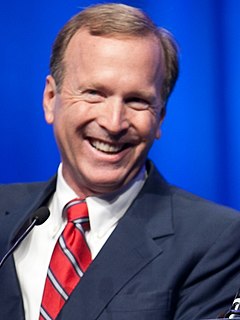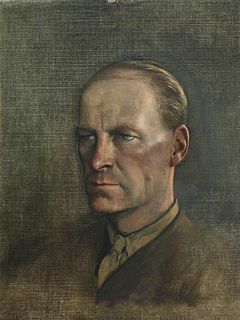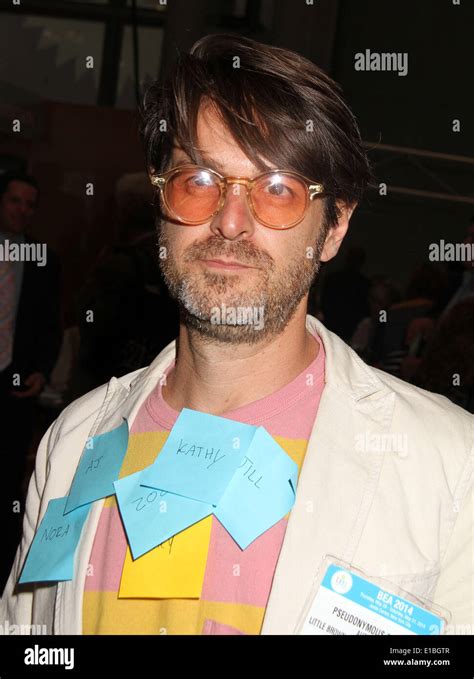A Quote by Noam Chomsky
The public is not to see where power lies, how it shapes policy, and for what ends. Rather, people are to hate and fear one another.
Related Quotes
But, that’s the whole point of corporatization - to try to remove the public from making decisions over their own fate, to limit the public arena, to control opinion, to make sure that the fundamental decisions that determine how the world is going to be run - which includes production, commerce, distribution, thought, social policy, foreign policy, everything - are not in the hands of the public, but rather in the hands of highly concentrated private power. In effect, tyranny unaccountable to the public.
There is no hate without fear. Hate is crystallized fear, fear's dividend, fear objectivized. We hate what we fear and so where hate is, fear is lurking. Thus we hate what threatens our person, our liberty, our privacy, our income, our popularity, our vanity and our dreams and plans for ourselves. If we can isolate this element in what we hate we may be able to cease from hating... Hate is the consequence of fear; we fear something before we hate; a child who fears noises becomes the man who hates them.
A much more radical conclusion . . . that, so far as I know, is shared by only a very few students of public choice [is]: that government employees or people who draw the bulk of their income from government by other means should be deprived of the vote . . . It is another example of the opening up of alternatives for investigation and the presentation of new conceivable policy options characteristic of public choice, rather than a policy that all its students favor.
It is said that the fear of public speaking is a fear greater than death for most people. According to psychiatrists, the fear of public speaking is caused by the fear of ostracism, the fear of standing out, the fear of criticism, the fear of ridicule, the fear of being an outcast. THE FEAR OF BEING DIFFERENT PREVENTS MOST PEOPLE FROM SEEKING NEW WAYS TO SOLVE THEIR PROBLEMS.
Only through the medium of the public physical world can the mind of one person make a difference to the mind of another. The mind is in its own place and in each of us lies an inner life, the life of a ghostly Robinson Crusoe. People can see, hear, and jolt one another's bodies, but they are irremediably blind and deaf to the workings of one another's minds
My view is that I would love to see people united and loving one another, working with one another, supporting one another. I think that's a beautiful vision, so anybody trying to bring that about, I'm all for it. However, I would hate to see people pretending to unite people just for the sake of relocating them.
Obviously, the real issue has nothing to do with fear itself, but, rather, how we hold the fear. For some, the fear is totally irrelevant. For others, it creates a state of paralysis. The former hold their fear from a position of power (choice, energy, and action), and the latter hold it from a position of pain (helplessness, depression, and paralysis).





































